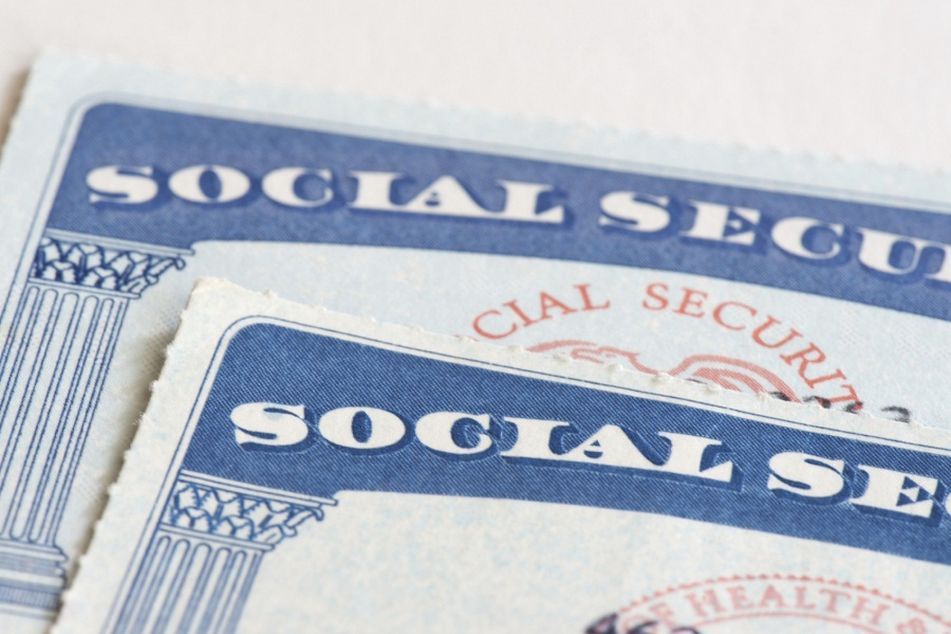Social Security rules for divorced public employees

Benefit reductions apply only to workers who did not pay FICA taxes.
Divorced couples who were married for at least 10 years can claim Social Security benefits on each other’s earnings records as if they are still married. But questions may arise when one of the ex-spouses is a public sector employee.
Last week, an adviser asked me if her client’s Social Security benefits would be reduced because she receives a government pension based on her ex-spouse’s public service as part of a divorce settlement.
Delia Fernandez of Fernandez Financial Advisory in Los Alamitos, Calif., said she has a client who was married for 12 years and has been divorced for more than 30 years. As part of the divorce decree, her client, now 68, was awarded $1,200 a month in pension benefits based on her ex-husband’s service as a Los Angeles County firefighter — work where he did not pay Social Security payroll taxes for much of his career.
“Is my divorced client’s Social Security on her own record going to be reduced because she receives part of her husband’s pension?” Ms. Fernandez asked via email.
“No, only the government worker whose earnings were not subject to FICA taxes is liable to have his Social Security benefits reduced,” I replied. That assumes the ex-husband had worked long enough in a job where he paid FICA taxes to earn Social Security benefits in addition to his government pension. “Your client’s Social Security benefits will not be affected just because she is collecting a portion of her ex’s government pension.”
It is critical for financial advisers to know that clients who have worked for the city, state or federal government — or in some cases, public school systems — may be affected by rules that can reduce or eliminate their Social Security benefits. Two rules apply to public sector workers: the Windfall Elimination Provision (WEP) and the Government Pension Offset (GPO).
The WEP affects individuals who have worked in the private sector at least 10 years and also have worked in the public sector where FICA payroll taxes were not deducted from their earnings. To be subject to WEP rules, clients must have earned a pension from that public sector job.
The WEP rules reduce monthly Social Security benefits by up to 50% of the amount of a public pension but not more than $413 a month in 2015.
For example, if clients have a government pension of $500 a month, the maximum WEP reduction would be half of that, or $250 a month. But if they receive a $1,000 monthly pension from work not covered by Social Security, that benefit would be reduced by the full $413 a month in 2015, trimming the Social Security benefit to $587.
The GPO provision, meanwhile, affects public sector employees who claim Social Security spousal or survivor benefits based on their spouse’s private sector earnings. The GPO reduction is equal to two-thirds of the amount of the pension based on noncovered work.
Unlike the WEP, which can merely reduce a worker’s Social Security benefit by up to half of the amount of the government pension, the GPO has no maximum. Therefore, it can completely wipe out a spousal or survivor benefit.
For example, public employees with a $1,500-per-month government pension must first reduce any potential Social Security spousal or survivor benefit by two-thirds of the amount of the pension — $1,000 per month. If the Social Security spousal benefit was $1,200 a month, they would receive only the $200 monthly difference.
Although most federal workers are now covered by Social Security, public employees in 12 states (Alaska, California, Colorado, Connecticut, Illinois, Louisiana, Maine, Massachusetts, Missouri, Nevada, Ohio and Texas), and public-school teachers in certain jurisdictions in Georgia, Kentucky and Rhode Island, are not.
Ms. Fernandez posed a follow-up question: Would her client be eligible for a spousal benefit based on her ex-husband’s Social Security-covered earnings or would her Social Security spousal benefits be reduced by the GPO?
As the GPO applies only to public workers, Ms. Fernandez’s client, who worked in the private sector her entire career, would not be affected by GPO reductions.
However, her client’s ex-husband will be subject to WEP rules that could reduce his Social Security benefit by up to $413 a month. Any spousal benefit for the ex-wife would be based on 50% of his WEP-reduced amount. But if her ex-husband dies first, the WEP penalty dies with him and she would be entitled to a survivor benefit worth 100% of his unreduced Social Security benefit.
(Questions about Social Security? Find the answers in my e-book: Maximizing Social Security Retirement Benefits.)
Learn more about reprints and licensing for this article.








